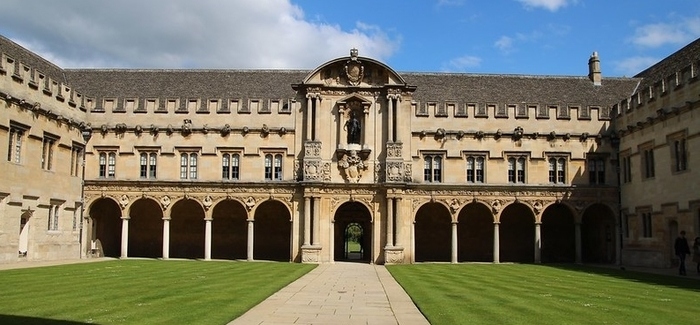Ahead of A-level results day this week, education experts have warned that middle-class teenagers in further education, along with their parents, are continuously taking advantage of the clearing system to fish for the best courses – at the expense of their less-privileged peers.
According to admissions officers, the number of applicants being accepted through clearing by the Russell Group of leading research universities has witnessed a substantial rise in recent years, as applicants continue to ‘pick and choose’ better offers – a privilege which school-leavers from less-affluent backgrounds lack.
UCAS figures have shown that the number of clearing acceptances reached a record high last year, including at higher-ranking universities with stricter entry requirements, such as the University of Nottingham, where clearing acceptances rose from 180 to 995 between 2011 and 2017, Newcastle University (from 95 to 805) and the University of Liverpool (from 225 to 690).
“A lot of well-off parents are on top of this as soon as their grades come out”, said Sir Peter Lampl, founder of the educational charity Sutton Trust. “They’re talking to universities, they’re getting their kids into the best courses”, he continues.
Lampl goes on to emphasize that “Kids from low to moderate income backgrounds don’t have parents who can play the system, and they’re not at schools geared up to getting kids into Russell Group universities”, expressing that “in that sense, clearing is unfair”.
Amanda Grimshaw, admissions manager for the School of Social Sciences at the University of Manchester, revealed that “I’m seeing students being more organized (for clearing), or their parents are. They’re calling before (results day) or visiting the university in the past month”.
Positive changes are in order
Luckily, there are signs that this issue is being addressed. Grimshaw also confirmed that Manchester will present lower offers for less-advantaged applicants starting next year, and that those who dropped a single grade were likely to still be admitted.
Nick Hillman, the director of the Higher Education Policy Institute, said that “The new Office for Students measures universities on their ability to recruit people from underrepresented backgrounds”, and advised students from underprivileged backgrounds to “be very clear with the university about any disadvantages they may have experienced”.
Sutton Trust’s Lampl reassured that “A lot of universities are doing contextual admissions”, meaning that “they’re giving poor students a break on their offer” and concludes: “It’s a good idea to say ‘I’m from a low to moderate income background, give me a break’.”

















